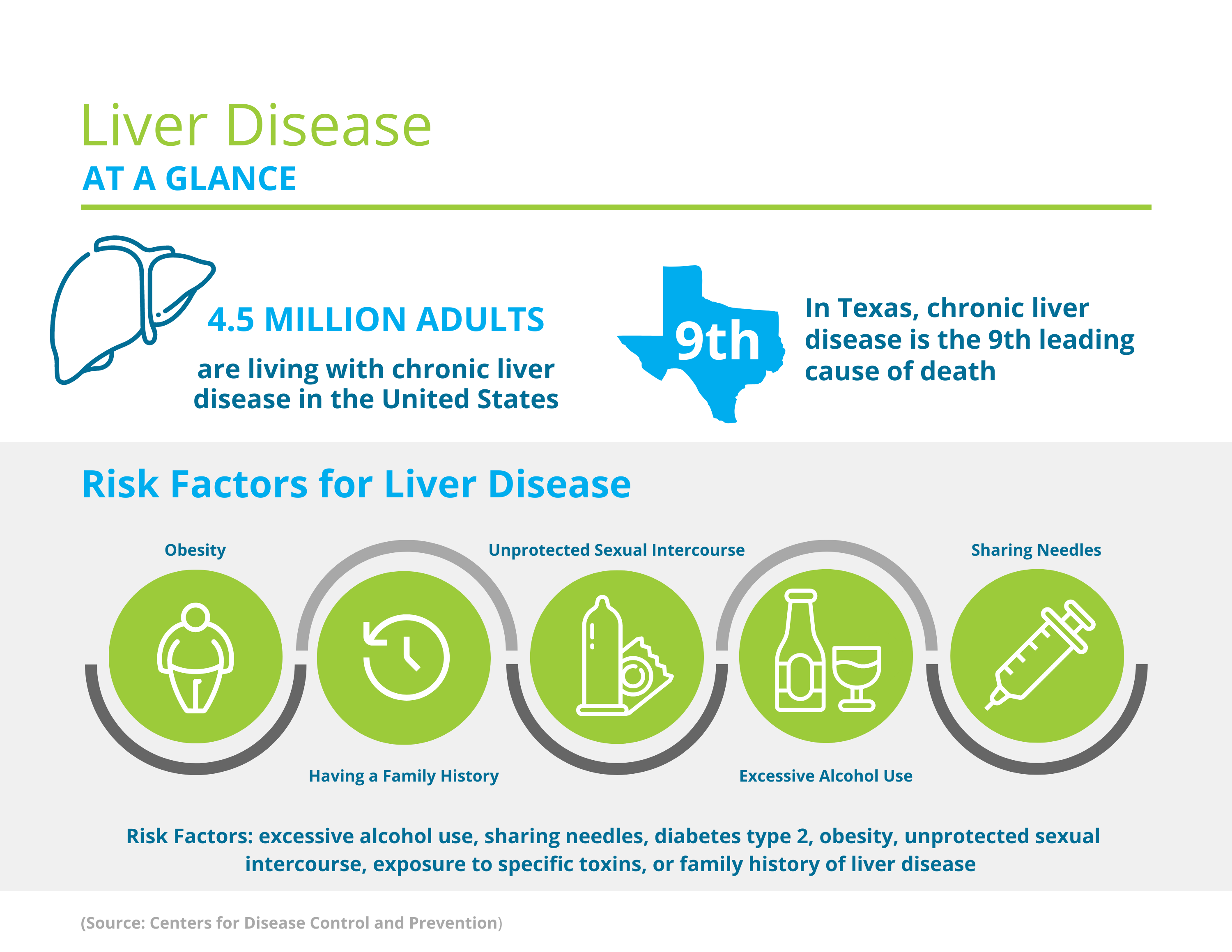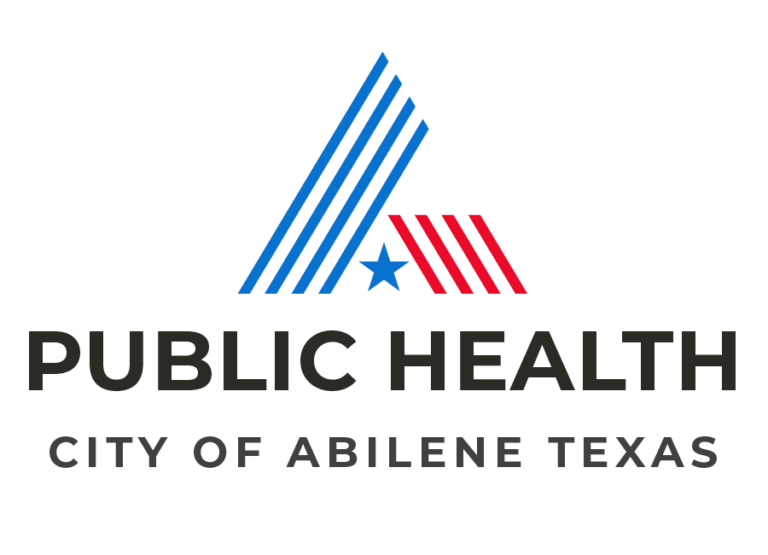
What is liver disease?
The main job of our liver is to help digest food, give energy, and help get rid of toxic substances from the blood. The liver is a critical organ that we can not live without. A fun fact about the liver is that it is shaped similar to a football and weighs 3 pounds! There are roughly 5.5 million adults that have been diagnosed with liver disease in America. There are many forms of liver disease that require different treatments and diagnosis. Liver disease can lead to liver cancer or liver failure without proper treatment and medical care.
Causes?
Liver disease can be caused by many factors, as well as a combination of factors. Hepatitis is one of the common causes of liver disease (see hepatitis section under disease education). Liver disease can also be caused secondary to autoimmune diseases (see autoimmune diseases under disease education). Additional causes of liver disease include family history, genetic diseases, cancer, chronic alcohol abuse, certain medications, drug use, obesity, or certain herbal compounds.
Diagnosis & Treatment?
Diagnosis of liver disease will generally begin with a complete medical and social history collected by your doctor. Then your doctor may order blood tests that look for any abnormalities in your blood counts or liver enzymes. An ultrasound of the liver, a CT scan, or an MRI scan all are possible diagnostic imaging tests. A doctor may also order a liver biopsy where a small tissue sample from your liver is collected and looked at closer.
Since there are different forms of liver disease, there are different treatment options for each. Medication may be used to treat liver disease. A doctor may also recommend surgery or a liver transplant. However, depending on the severity of liver disease lifestyle changes may be recommended. Lifestyle changes include stopping excessive alcohol consumption, maintaining a healthy diet and exercise routine, following doctor’s advice on all prescription and over the counter medications, avoiding drug use, avoiding toxins, and managing other medical conditions.
Prevention?
Family history and genetics can not be controlled to prevent liver disease. However, other lifestyle choices can help with liver disease prevention. One way is to avoid hepatitis infection, information on hepatitis prevention can be found in the hepatitis disease education. Additional prevention techniques are to avoid excessive alcohol consumption, take medication as prescribed, avoid drug use, avoid toxic chemicals, maintain a healthy diet, and maintain a healthy weight.
For more information: https://liverfoundation.org/for-patients/about-the-liver/diseases-of-the-liver/


